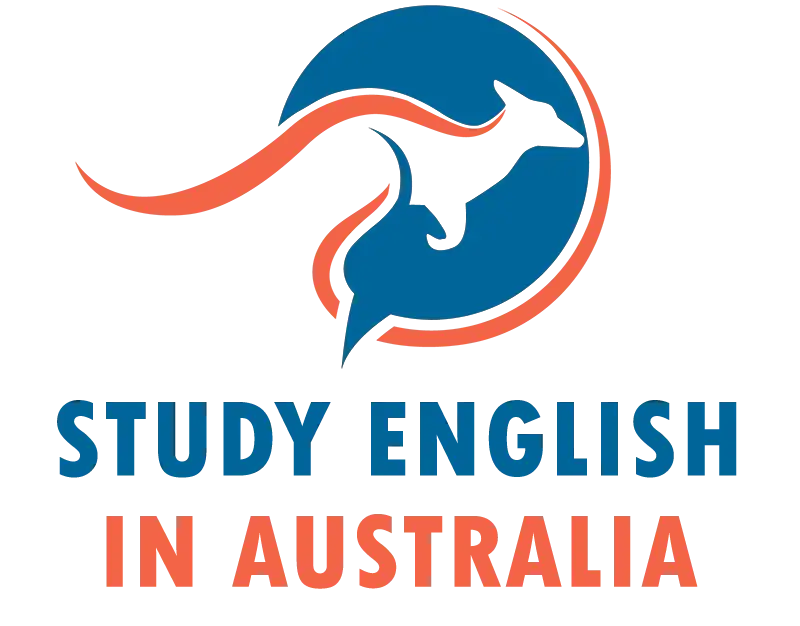Everything international university students need to know about studying in Australia

According to data from the Australian Trade and Investment Commission, the number of international students in Australia had increased to 548,411 in April, up 12% from the same time last year.
Students from China make up the largest proportion of international students studying in Australia at 31%, followed by by India, Nepal, Malaysia and Vietnam.
International students – top source countries
Breaking down the total education sector, international university students accounted for 52% of enrolments, followed by VET and ELICOS (English Language Intensive Courses for Overseas Students).
With such a high demand from abroad to study in Australia, Business Insider has created the compete guide to what prospective international university students need to know.
Here it is.
Who can apply?
If you aren’t an Australian citizen or permanent resident, you will need a visa to study in Australia.
This is currently called the student visa (subclass 500).
This visa allows you to stay in Australia to study full-time in a recognised educational institution.
Eligibility for this visa includes: You must be at least six years of age, have been accepted to study at an educational institution in Australia, and have health insurance.
The visa allows students to say in the country up to five years, and costs $AU575.
You will also need to show evidence of funds to cover travel to Australia and 12 months’ living, course and schooling costs.
English language requirements will also need to be met as part of getting the student visa.
If you need to provide evidence of your English language proficiency, there is a minimum English language test score that the Australian government will accept.
On top of that, some university providers may also ask for separate English language tests.
The visa may also require you must meet some health requirements, and you may be required to undergo health examinations as part of the visa application process.
You can apply for this visa when you are in or outside Australia.
More information on the student visa can be found on the Department of Home Affairs website.
Where and what to study
As an international student, you can only study a course with a university listed on the Commonwealth Register of Institutions and Courses for Overseas Students (CRICOS).
See the CRICOS list here.
Once you’ve decided on a course and a university, you must apply for admission. This can be done two ways:
1. Contact the education provider directly
To apply direct, download the application form from the education provider’s website. If you are applying for courses at more than one institution, you will need to submit a separate application to each institution.
2. Use an Australian education agent
Most institutions partner with a number of agents. Details on the agents an institution works with can be found on their website or by contacting them directly.
You will need to prepare supporting documentation to send with your application. The documents vary depending on the course, provider and qualification you’re studying for.
If you are successful in gaining a position at the university, you will receive a Letter of Offer. To confirm your offer you must respond to this letter by signing and sending an acceptance of offer back to the institution. This can usually be done by mail or, in some cases, by scanning and emailing the letter.
The Letter of Offer is a contract between you and the institution. It sets out the course you will be enrolled in, conditions of the enrollment, the fees you need to pay, and the refund payable if you don’t complete your course with that provider. This is a legal contract and you should be sure to read it carefully and make sure you fully understand what it says before signing it.
After you have accepted your offer and paid your deposit you will receive an Electronic Confirmation of Enrolment (eCoE) by email. This will outline your course start date, total course fees and how long your course will run for.
What if you want to take more than one course?
The student visa allows holders to apply to undertake two or more courses where there is clear progression from one course to another. This is known as course packaging. More information can be found here.
Other information
Previous study credits
You can get credit for undergraduate and postgraduate study you’ve done overseas.
To find out more contact your education provider.
Working while you study
International students are permitted to work a maximum of 40 hours per fortnight when the course is in session, and unlimited hours when the course is out of session.
You must however obtain a Tax File Number to be able to work in Australia. This is available from the Australian Tax Office.
Workers in Australia – including visa holders with permission to work – have rights under Australian workplace law. More information on the basic protection and entitlements can be found here.
The cost
Study
The costs of studying in Australia depends on the institution and the level of study you choose.
As an international student, your tuition fees are payable before you study. How much you need to pay will depend on the course you choose and the university you study with. There also may be additional costs for your course, including course materials and access to institution facilities.
The average annual fees for international students studying in Australia are more than $30,000.
There are a number of scholarships options available to international students studying in Australia available through the Australia Awards Scholarships program, which can help to cover the associated fees and costs.
See the list here.
Living costs
Knowing the average living costs in Australia is an important part of your financial preparation.
The Australian Trade and Investment Commission has pulled together a list of the costs associated with living and studying in Australia.
The costs below are an approximate guide only and can vary depending on your study location in Australia.
Accommodation
Hostels and Guesthouses – $AU90 to $AU150 per week
Shared Rental – $AU85 to $AU215 per week
On campus – $AU90 to $AU280 per week
Homestay – $AU235 to $AU325 per week
Rental – $AU165 to $AU440 per week
Boarding schools – $AU11,000 to $AU22,000 a year
Other living expenses
Groceries and eating out – $AU80 to $AU280 per week
Gas, electricity – $AU35 to $AU140 per week
Phone and Internet – $AU20 to $AU55 per week
Public transport – $AU15 to $AU55 per week
Car (after purchase) – $AU150 to $AU260 per week
Entertainment – $AU80 to $AU150 per week
Minimum cost of living
The Department of Home Affairs has financial requirements you must meet in order to receive a student visa for Australia. From 1st February 2018 the 12 month living cost is:
You – $AU20,290
Partner or spouse – $AU7,100
Child – $AU3,040
Getting a job
Once you have finished your studies, students can apply for the Temporary Graduate visa (subclass 485), which allows graduates to work in Australia temporarily after they finish their studies.
According to Home Affairs, this visa has two streams: the Graduate Work stream and the Post-Study Work stream.
The Graduate Work stream is for international students who graduate with skills and qualifications that relate to an occupation considered in demand in the Australian labour market, as indicated in the list of eligible skilled occupations. A visa in this stream is generally granted for 18 months.
The Post-Study Work stream offers extended options for working in Australia to eligible graduates of a higher education degree. Under this stream, successful applicants are granted a visa with a visa period of two, three or four years’ duration, depending on the highest educational qualification they have obtained.











